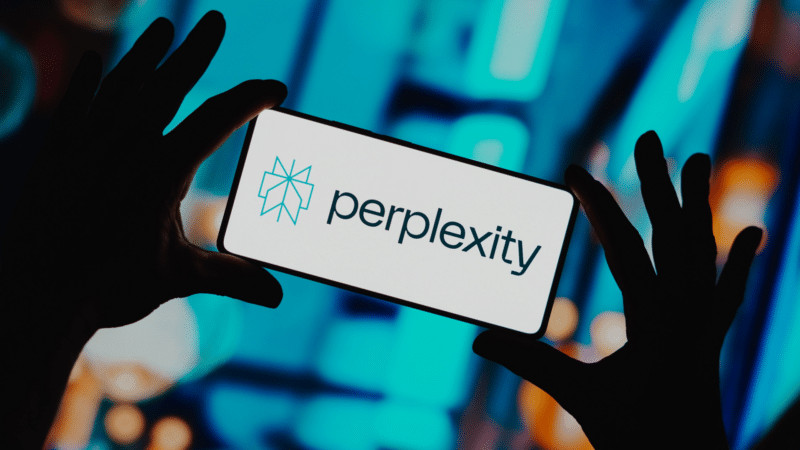Perplexity, an AI-powered search engine, is broadening its publisher program. It added outlets like Los Angeles Times, Adweek and The Independent.
Participating publishers will share ad revenue and access performance metrics, with notable absences including The New York Times and Dow Jones, which are in legal battles with the startup.
How it works:
Revenue sharing: Publishers earn a cut from ads shown on Perplexity’s platform.
Data access: Outlets get performance insights, fostering transparency and optimization.
No public terms: Perplexity keeps financial details private, possibly to maintain negotiation leverage.
Why we care. Perplexity’s growing publisher partnerships could enhance ad reach by integrating trusted news sources, but transparency issues and legal disputes may impact brand safety and content alignment.
Behind the scenes. Some journalists at LA Times and Adweek were caught off guard by the partnerships, learning through press releases or informal mentions.
Legal Tensions: The New York Times and Dow Jones have accused Perplexity of using their content without consent, with Dow Jones labeling the company a “content kleptocracy.”
The controversy. Perplexity’s AI summarizes content from across the web, but critics argue it competes unfairly with publishers by pulling in their stories — sometimes behind paywalls — and paraphrasing them inaccurately.
Publisher pushback: Forbes and Wired have both raised concerns over unauthorized use of their content.
Citations debate: While Perplexity cites its sources, errors in attribution are common.
What’s next. Perplexity faces mounting pressure as it reportedly seeks a $500 million funding round, aiming for a $9 billion valuation. With competitors like OpenAI’s ChatGPT Search offering more control to publishers, Perplexity’s success will depend on balancing innovation with maintaining publisher trust.
Bottom line. As Perplexity expands its partnerships, the tension between AI-driven search innovation and content ownership remains unresolved, leaving publishers wary but curious about the potential revenue boost.
Dig deeper. Perplexity begins testing ads as sponsored follow-up questions

